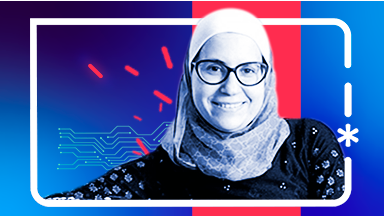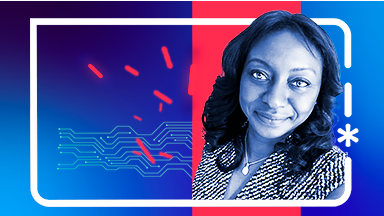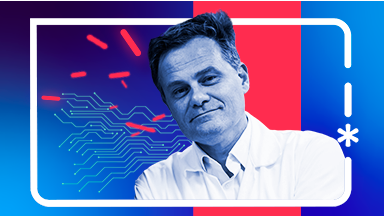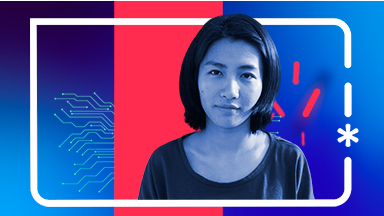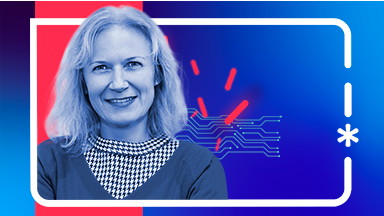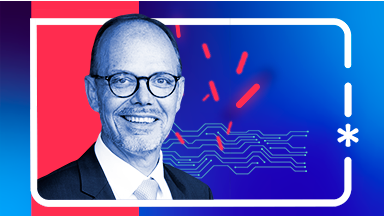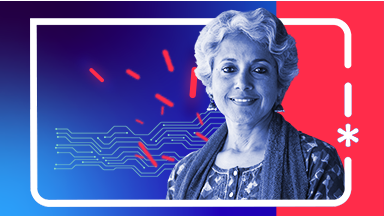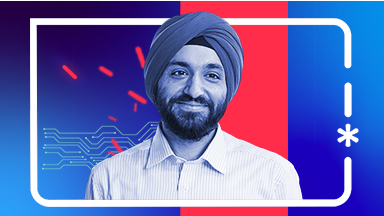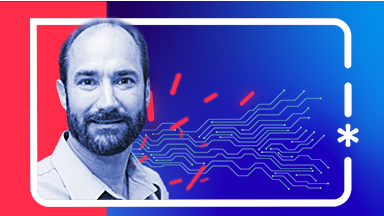Professor
Vice-rector, University of Geneva
Director, innovation center, Geneva University Hospitals
Chief-physician, eHealth and telemedicine, Geneva University Hospitals
Antoine Geissbuhler is a Professor of Medicine, Vice-rector of the University of Geneva, Director of the
Division of eHealth and Telemedicine at Geneva University Hospitals. He is also the Past-President of the
International Medical Informatics Association, and Fellow of the American College of Medical
Informaticians.
He trained as a physician at Geneva University where he specialized in internal medicine, then, after a
post-doctoral fellowship, became Associate Professor of biomedical informatics at Vanderbilt University.
In 1999, he returned to Geneva to take the responsibility for the design and implementation of the
medical information systems at Geneva University Hospitals. In 2010, the telemedicine and distance
education activities lead to the establishment of the World Health Organization collaborating center for
eHealth and telemedicine.
Since 2015, he is also in charge of the Innovation Center of Geneva University Hospitals.
Author of more than 160 original scientific publications, his current research focuses on the development
of innovative, knowledge-enabled information systems and computer-based tools for improving the
quality, safety and efficiency of care processes, at the local level of the hospital, the regional level of a
community healthcare informatics network, the implementation of the national eHealth strategy for
Switzerland, and with the development of a large telemedicine network in developing countries
(http://raft.network).
